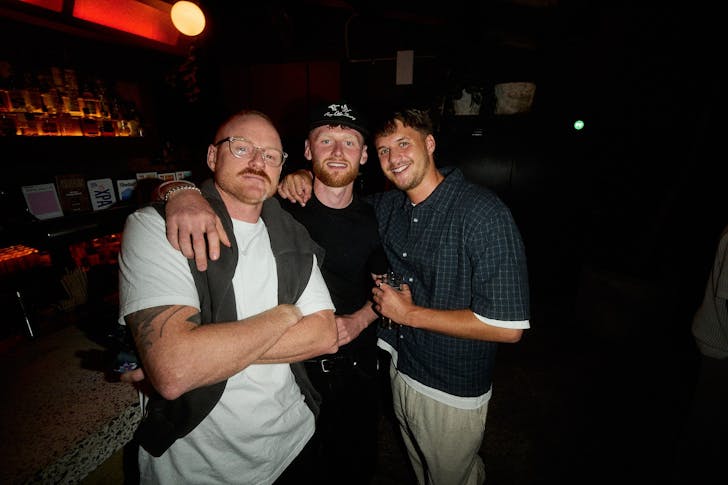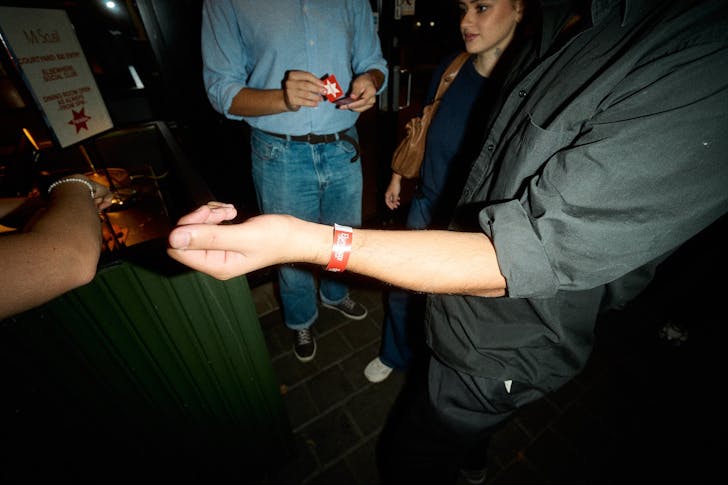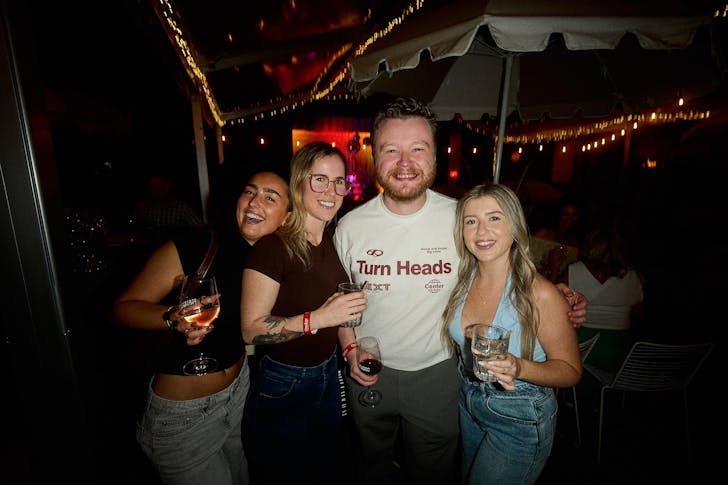Here’s Why The Next Big Thing In Hospitality Isn’t Food Or Drink, It’s Connection
Third spaces used to be built into our daily routines. Cafes, bars, restaurants, pubs, communal gathering grounds we’d seek out or step through on our daily journeys, offering points of intentional and incidental connection. Slowly, over the last decades, many of those spaces have been consumed by the infinite scroll, community-building handed over to algorithms. Connection is at our fingertips, literally. That phone that’s never too far from our grip is packed with apps, platforms, and scientifically derived algorithms, all designed to get those brain receptors firing and release some endorphins, pulling us into endless cycles of dopamine hit-seeking scrolls. We’ve gone all in, all the time, on living online.
These days, it’s the norm to stand in line at a coffee shop and scroll your phone, rather than make small talk with your barista. Or walk into a bar to see a sea of faces lit up blue from the screens in front of them. And yet despite this, IRL we’ve never been more divided. And it’s what's underpinning a pushback to digital culture, as we crave the kind of connection that online spaces can’t deliver.
 Image credit: Elsewhere Social Club | Supplied
Image credit: Elsewhere Social Club | Supplied
Cue the resurgence of the traditional third space. We’ve seen it in the emergence of clubs for every niche—book clubs, run clubs, supper clubs. Spaces dedicated to bringing together like-minded people. Venues that can inject intimacy, authenticity and energy back into dining experiences are becoming more sought out. And it’s the premise behind Elsewhere Social Club, an amorphous, modern-day members club providing curated spaces to find community.
“Most of the people that I'm close with, I speak to online a hundred times more than I actually see them in real life,” says Elsewhere Social Club founder Aeson McKay. “So I thought, let’s try and change that. Let’s make a space where people can meet in real life.”
Don’t expect gimmicks here. Elsewhere isn’t forcing you to participate in icebreaking, get-to-know-you games, or banning phones at the door. You won’t be handed a name tag like you’re at a networking convention. Because it’s not needed, says Aeson. Because everyone stepping into an Elsewhere event is there for the same reason.
 Image credit: Elsewhere Social Club | Supplied
Image credit: Elsewhere Social Club | Supplied
“Everybody else there is secretly also wanting to make friends,” Aesan explains. “And then that’s the point. It’s like an unspoken social contract.”
It’s no secret that we’re expecting more of venues when we venture out. According to Urban List’s Plate Expectations 2025 report, 68% of people are seeking out dining moments that matter. We’re not just looking to eat out, we’re looking to have an experience that resonates. And in a world where the digital space has failed us, we’re looking to the hospitality industry to become a new frontline for connection.
“In real life, spaces have been letting people down,” Aesan says. “People want a bit more authenticity with their events. To reclaim some of that community in traditional third spaces like bars.”
 Image credit: Elsewhere Social Club | Supplied
Image credit: Elsewhere Social Club | Supplied
It’s a subtle but powerful reset. Instead of the pub where half your group is on their phone, you walk into a room where the expectation is simple: engage. Elsewhere is partnering up with some of Perth’s best venues — think the likes of Besk, or Si Paradiso — for bespoke takeovers, curating social spaces designed for connection. It’s just the start for Elsewhere Social Club, with plans to bring their ethos to a range of spaces, from early morning coffee raves to intimate long table dinners.
As the data shows, we’re not just hungry for food, we’re hungry for connection. In 2025, the most sought-after luxury might not be the cocktail or the caviar. It might just be sitting across the table from someone new.
Main image credit: Elsewhere Social Club | Supplied
